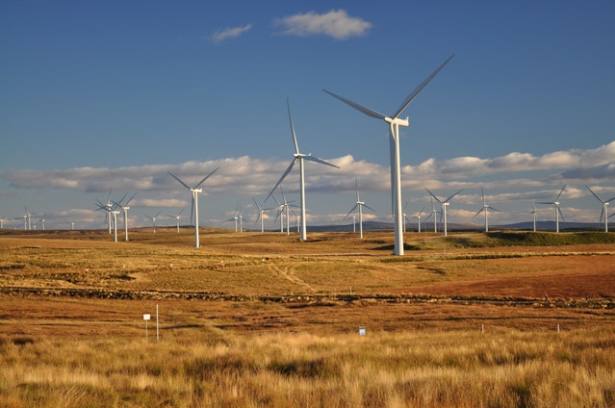Lee Coates, co-founder of compliance consultancy ESG Accord, also describes a potential activist versus pragmatist approach between generations.
“Younger investors are probably more likely to be more restrictive in the things they don’t want. When you’re younger, you have a more activist mentality, but as you get older, you become more pragmatic. So a younger activist may wish to go for an ethical fund that won’t invest in certain things.”
Meanwhile a pragmatic older investor might opt for a responsible fund, says Coates, giving the example of a fossil fuel company making the energy transition to cleaner alternatives.
“Both parties can be classed as sustainable investors,” he adds.
Responsible investment horizons
Tim Fassam, director of government relations and policy at Pimfa, says that time horizons are the most likely difference when advising different generations on responsible investing.
But Fassam adds this may not always be the case, citing the possibility of a retiree looking to pass wealth down to the next generation with a horizon of up to 40 years, and a younger person looking to invest to buy a property with a horizon of up to 10 years.
Ben Sears, head of UK solutions at Pacific Asset Management, which co-developed profiling tool EnlightenESG, also highlights how investors’ sustainability preferences can evolve over time, particularly with younger clients with potentially longer investment horizons.
“Because you have such a long time, you can see how a client’s sustainable preferences have evolved. Perhaps the client has started very ‘light green’ by dipping a toe in, and has moved over time towards being very sustainable, or perhaps the other way.”
For clients with a longer investment horizon, Fassam highlights the role that ESG can play in future-proofing investments.
“If you believe what governments are saying about net zero, and you have a younger person who’s looking to invest over their career and for retirement, they might be looking to invest over 30 or 40 years. That long term investment will absolutely have to take into account environmental concerns, because the companies that will succeed, to a certain extent, will be the ones that understand what a net zero reality means.
“Over the longer term, there’s likely to be very little distinction between return and sustainability, because sustainable firms will be the ones that succeed.
“If you’re not considering climate change when thinking about what the most appropriate long-term investments are, you are likely to be missing one of the key drivers of the global economy over the coming decades.”
Chloe Cheung is a features writer at FTAdviser









